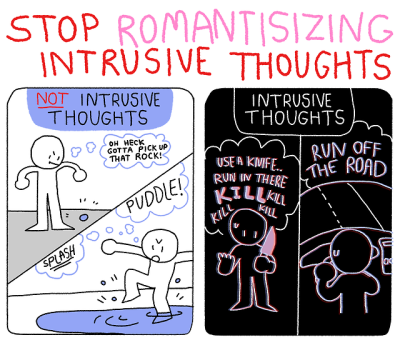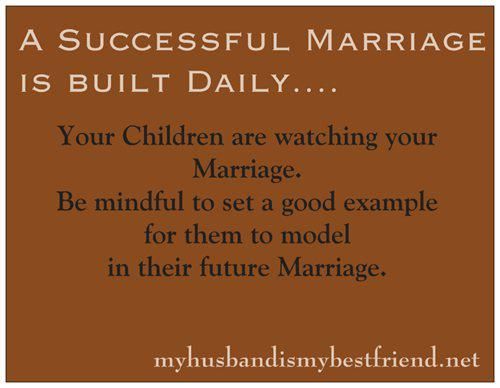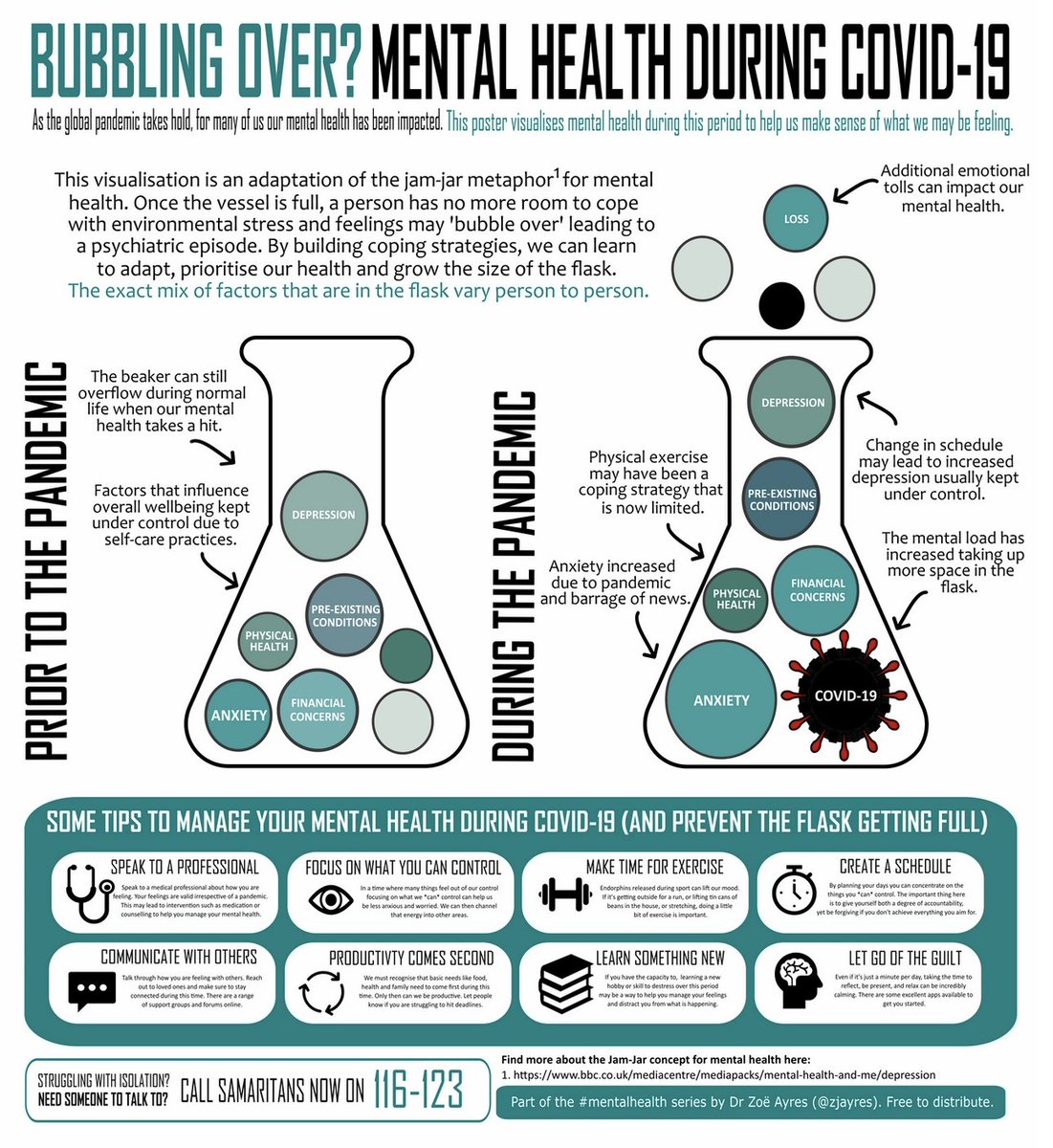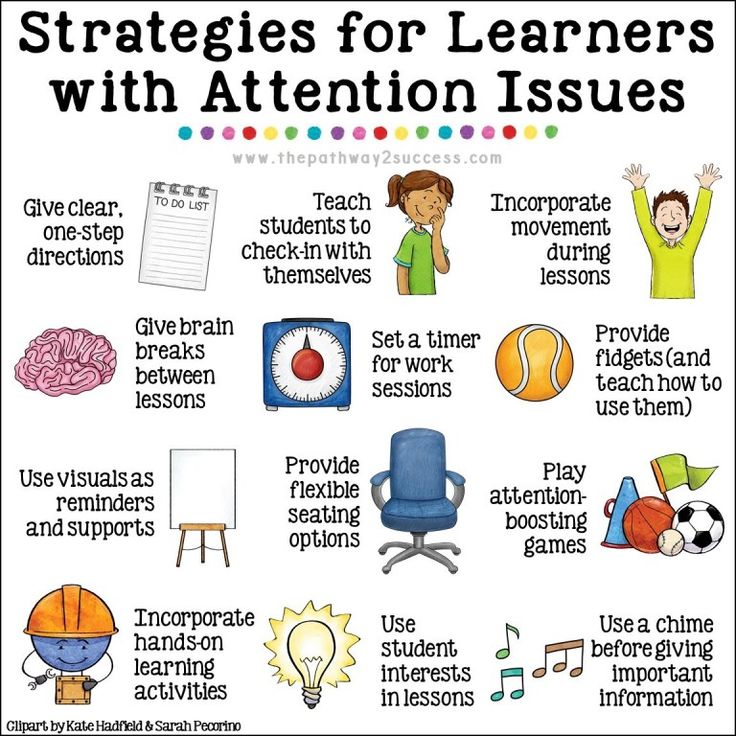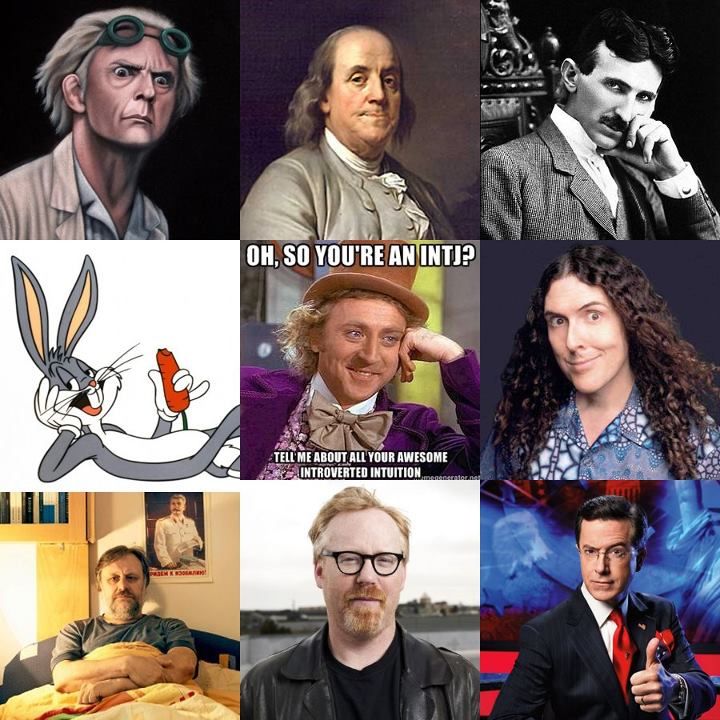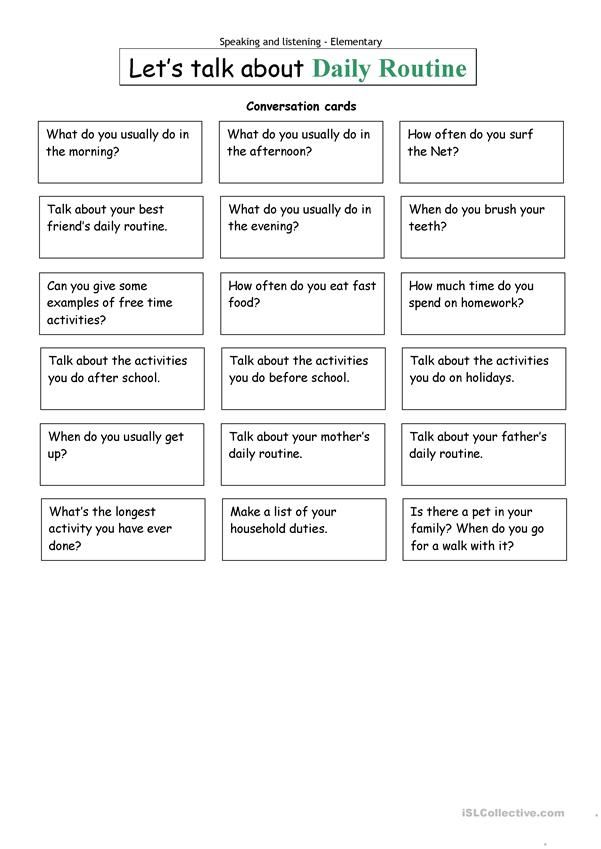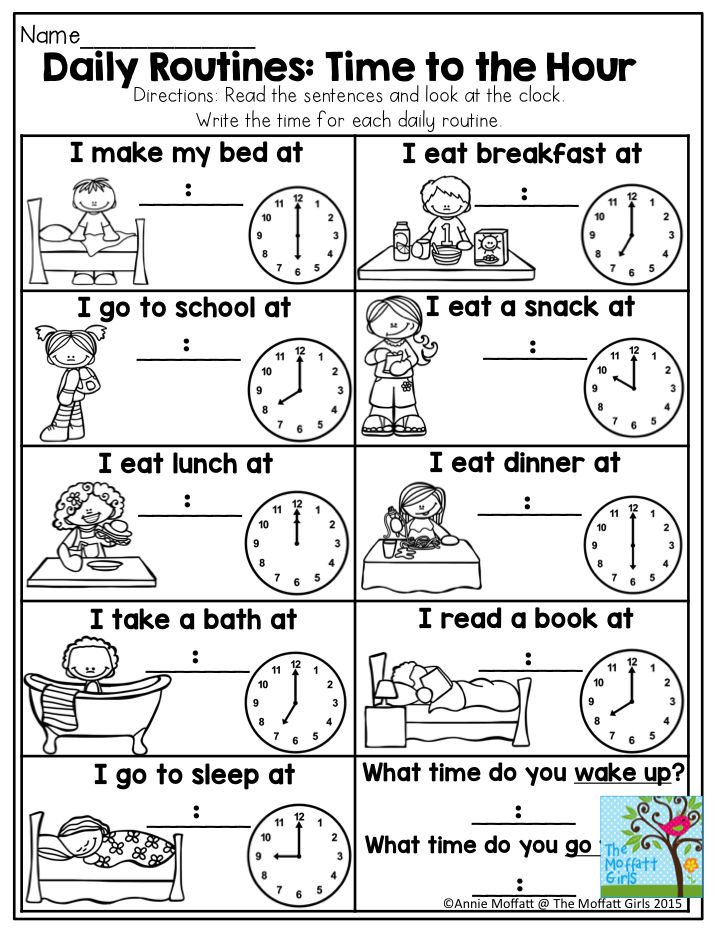How to work with different personality types
How to effectively engage with different personality types in the workplace
But life is full of different types of people and - let’s face it - it would be boring if we were all clones. So, to keep our workplaces healthy and productive, we need to make sure that we can get along with one another.
Know what the differences are and avoid negative labelling
When we notice that someone has a different way of communicating or behaving to us, it’s easy to get frustrated and label them as being “difficult” or “annoying”. Try to clarify why that person is different to you. Some people are more introverted, tending to be on the quiet side and preferring to think things through on their own. Others are more extroverted, tending to be louder and craving interaction with others. Some people naturally want to lead; others prefer to be guided. Spend a bit of time thinking about what the difference with your own personality is and try to avoid negative labelling.
Recognise cultural differences
Different cultures have different ways of interacting and communicating, which can lead to cross-cultural misinterpretations. For some people making a joke at another’s expense is a way of expressing comradery. For others, it might be considered inappropriate, which can lead to feeling bullied. Additionally, people from western cultures often prefer to be told things directly and might feel like a person is untrustworthy when they don’t communicate with them in a “straight up” kind of way. However, for many other cultures a direct communication style can be considered rude and insensitive. Sometimes even when two people are trying their best, their different perspectives can lead to misinterpretations.
See people objectively, not personally
Instead of thinking in terms of, “I like this about John, but I don’t like it when John does this or says that”, try to de-personalise your feelings and accept people the way they are. Judging people in terms of our own personal preferences can lead to anger and frustration when they act in ways we don’t like. Seeing people objectively, “John is just John and I don’t have to have an opinion about that”, can make it easier to let things go and accept other people the way they are.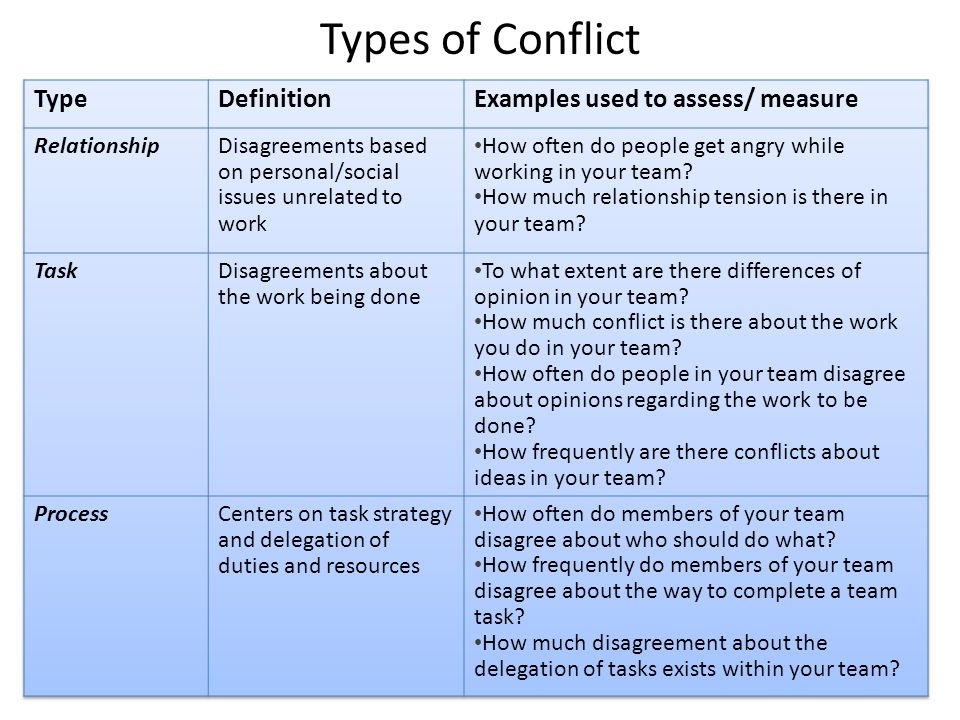
Embrace difference: ask questions
Sometimes we avoid people or ways of thinking that are different to our own. Try taking the opposite approach and ask questions about why someone has a different view or way of working. Different personality types can challenge and extend our own ways of thinking and working when we focus on the differences being positive, rather than negative.
Look for the common agenda or goal
Focusing on the common agenda or goal can help unite people when the differences seem too broad. You may have different views, backgrounds, and communication styles but you are all united in the workplace with the goal of getting the job done. Try to focus on the task at hand rather than people’s individual differences.
Respect yourself and pick your battles
Respecting yourself isn’t always about taking the hard line and standing your ground. Sometimes, it’s about knowing how to pick your battles. Letting the small things go, like differences of opinion, means that you can concentrate on getting your work done without taking on any unnecessary stress.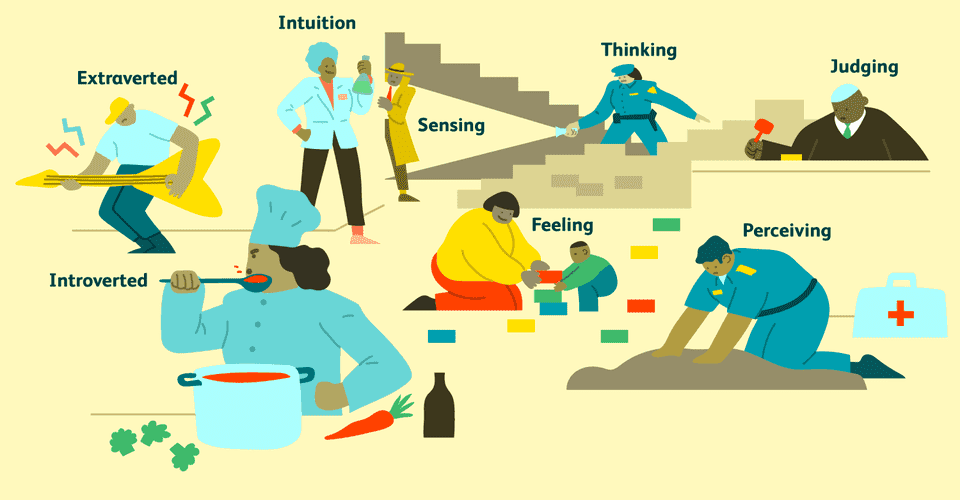
Be flexible with your communication style
Try adapting your communication style to suit that of the other person. If someone has an introverted personality type, make the effort to talk one-on-one, rather than in a group setting. If someone is more on the extroverted side, talk with them as a part of a group and make sure they can share their ideas with others.
Remember that people are full of complexities
It’s not just personality types and cultural backgrounds that influence us but also our moods and emotions. As much as we try to separate our work life from our private life, we all have people and situations outside of work that influence our general mood. It can be helpful to remember that you don’t know what someone else is dealing with internally and that sometimes we all need to be given a bit of leeway.
Take charge of your own wellbeing
When our working environments are full of so many different types of people it can be helpful to remember that it’s not our differences that divide us but how we approach them.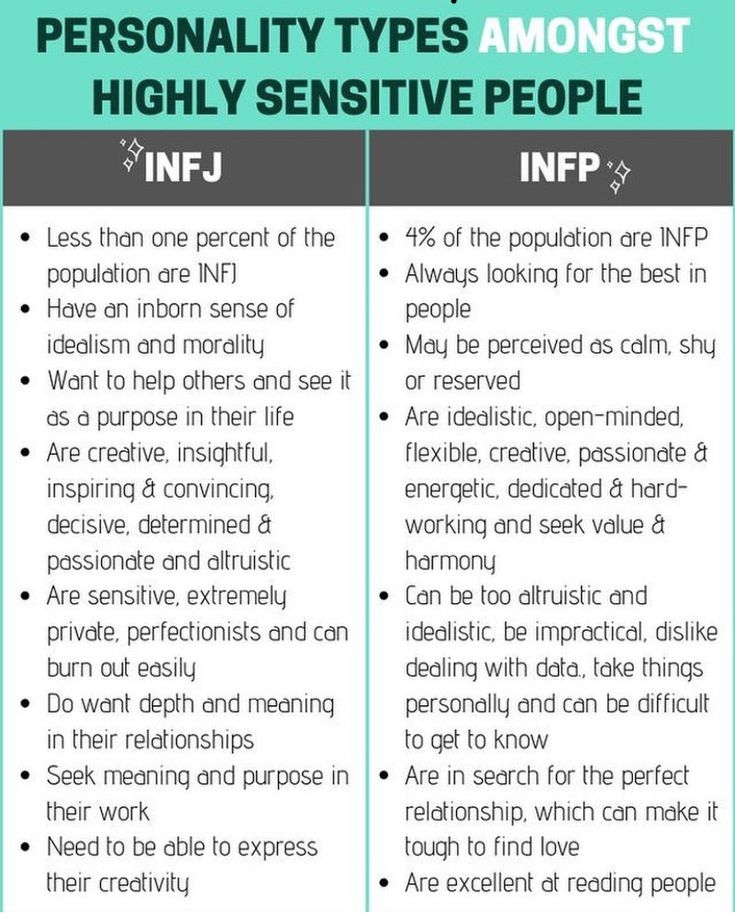 You can’t control other people, but you can control how you perceive them, how you engage with them and the degree of influence that they have on your own wellbeing.
You can’t control other people, but you can control how you perceive them, how you engage with them and the degree of influence that they have on your own wellbeing.
How to work with different personalities
Ready to take the initiative & join our newsletter?
Sign Up Now
Leadership & Impact
How to manage a team with different personalities Posted by:
Tony Robbins Working with a diverse team can be incredibly rewarding, adding immense depth and insight to your collaboration. Working with different personalities can also be challenging. Even in the healthiest of workplaces, personality clashes inevitably arise due to differences in communication, leadership style or personal opinion. Whether you own a business, manage one or are employed by one, knowing how to manage a team with different personalities is critical. When you know how to deal with different personalities in the workplace, you’re able to achieve your goals, maintain your peace of mind and create a company culture that’s representative of your brand.
When you know how to deal with different personalities in the workplace, you’re able to achieve your goals, maintain your peace of mind and create a company culture that’s representative of your brand.
Tips for working with different personalities
Collaborating with different personalities is a skill and an art. Implement the following tips to develop the “soft skills” you need to interact with others productively.
1. Respect yourself.
Self-respect is a precursor to self-awareness. When you understand and value yourself, your perspective and skill set, you’re able to engage others with equal respect. With a solid base of mutual respect, you’re able to handle conflicts successfully.
2. Prioritize shared goals.
When you’re working on how to deal with different personalities in the workplace, your team’s shared goals are the ultimate unifier. You’re all on the same team – this is what’s behind the concept of “team players.” Working as a team doesn’t mean you have to sacrifice your opinion to avoid rocking the boat or back down from coworkers who are more dominant or assertive than you.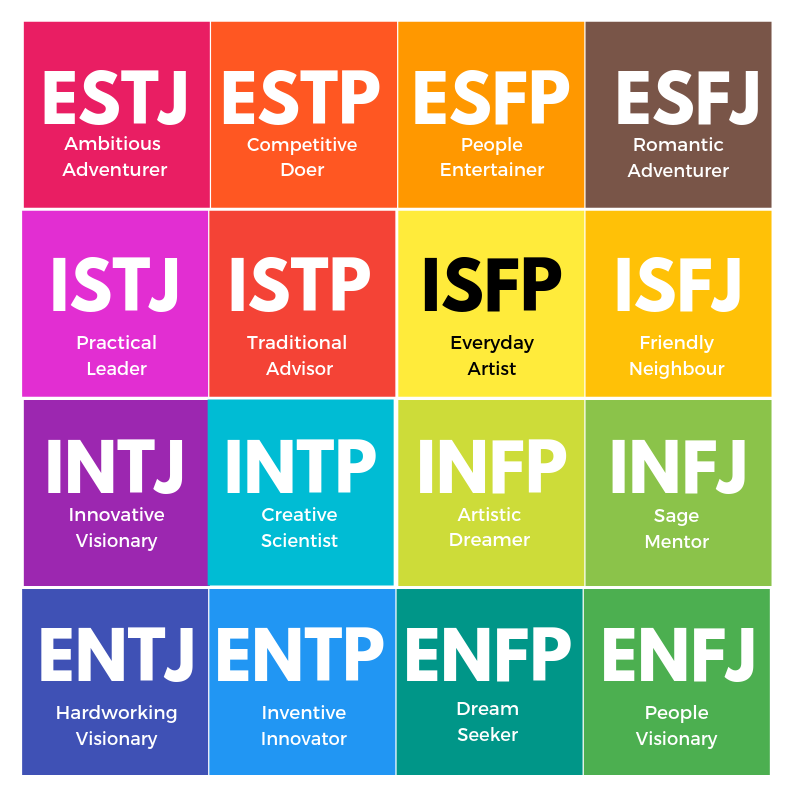 Working with different personalities just means prioritizing your ultimate purpose.
Working with different personalities just means prioritizing your ultimate purpose.
3. Don’t take conflict personally.
When conflicts arise in working with different personalities, it can feel personal. When someone disrespects you or dismisses your input, it’s valid to feel hurt. But don’t take their behavior personally. They behave the way they do because of their own issues, not because of your character. Creating a bit of space between yourself and others’ behaviors goes a long way in mastering how to manage a team with different personalities.
4. Embrace what others bring to the table.
When you’re working with different personalities on the job, it’s easy to spot the difficulties your differences create. What’s less obvious is how your differences can enhance collaboration. To create cohesion, you’ll need to intentionally seek out the upside of your colleagues’ personalities. If you find a coworker to be aggressive, also consider that this person’s directness allows for a clear exchange of information. If you find a coworker to be overly passive, consider that this person may be trying to demonstrate empathy.
If you find a coworker to be overly passive, consider that this person may be trying to demonstrate empathy.
5. Don’t be afraid to handle conflicts directly.
Part of learning how to manage a team with different personalities is leaning into interpersonal conflict. If there’s a dispute, don’t be afraid to confront it directly. As uncomfortable as this may feel at first, it’s far better than letting the issue fester. When you learn how to handle workplace conflicts, this skill sets you apart as an empathetic and effective leader.
How to manage a team with different personalities
Understanding how to manage a team with different personalities is a skill that’s relevant for managers and employees alike. Put the following strategies to use to realize your team’s full potential:
Get to know each person on your team.
The more you understand each person you have on staff, the more efficient your team is. Take time to interact with each employee to build high-quality relationships.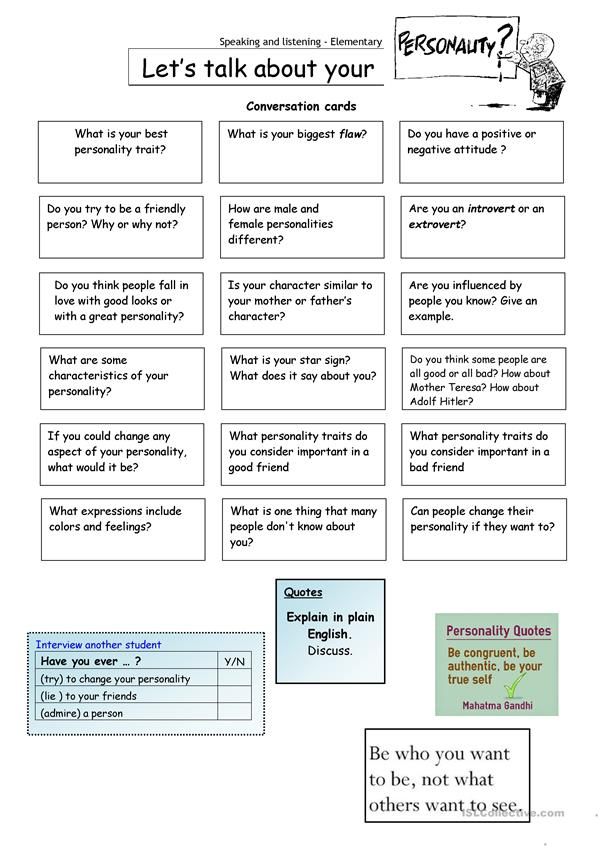 And make use of personality testing – a powerful tool for working with different personalities.
And make use of personality testing – a powerful tool for working with different personalities.
Understand each role in your company.
Part of knowing how to manage a team with different personalities is knowing what strengths each role requires. If a team member’s role is client-facing, that person will need to have extroverted personality traits. If a role is heavily technical, that person will need to be a natural problem solver. When you understand what is asked of each role, you can hire strategically, incorporate complementary personalities into a team and reduce friction when working with different personalities.
Model empathetic communication.
Great leaders lead by example, especially when they’re mastering how to manage a team with different personalities. Demonstrate effective teamwork by tailoring your own communication to the person you’re interacting with. If you know they tend to be soft-spoken, be extra sensitive when conversing with them.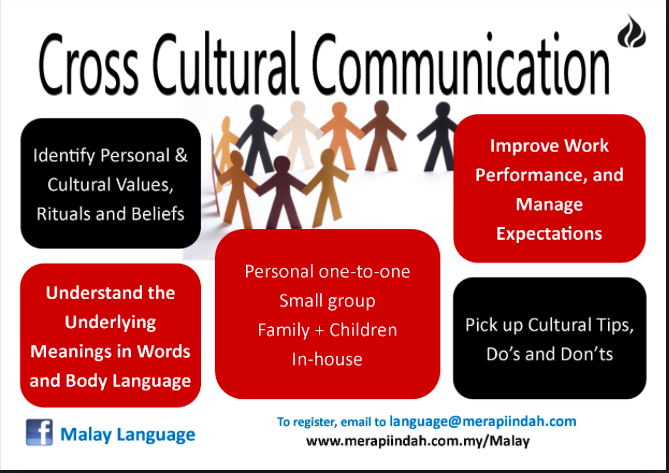 If they tend to be very direct, approach the conversation with equal directness.
If they tend to be very direct, approach the conversation with equal directness.
Build a corporate culture of respect.
When personality differences breed disrespectful behavior in the workplace, the results are toxic. A study of nearly 800 employees and managers across 17 industries found that when staff was treated poorly at work, 47% intentionally decreased the amount of time they spent on the job, 38% decreased the quality of their work and 78% reduced their company loyalty. If an employee has a habit of disrespecting others, this is a personal problem you must nip in the bud to master how to manage a team with different personalities. Take proactive measures to shape a culture of respect that reflects your business’s core values.
Working with different personalities is a challenge that can transform your experience on the job. Get the support you need to collaborate effectively with Tony Robbins’ Mastering Influence, your resource for effective communication in the workplace and beyond.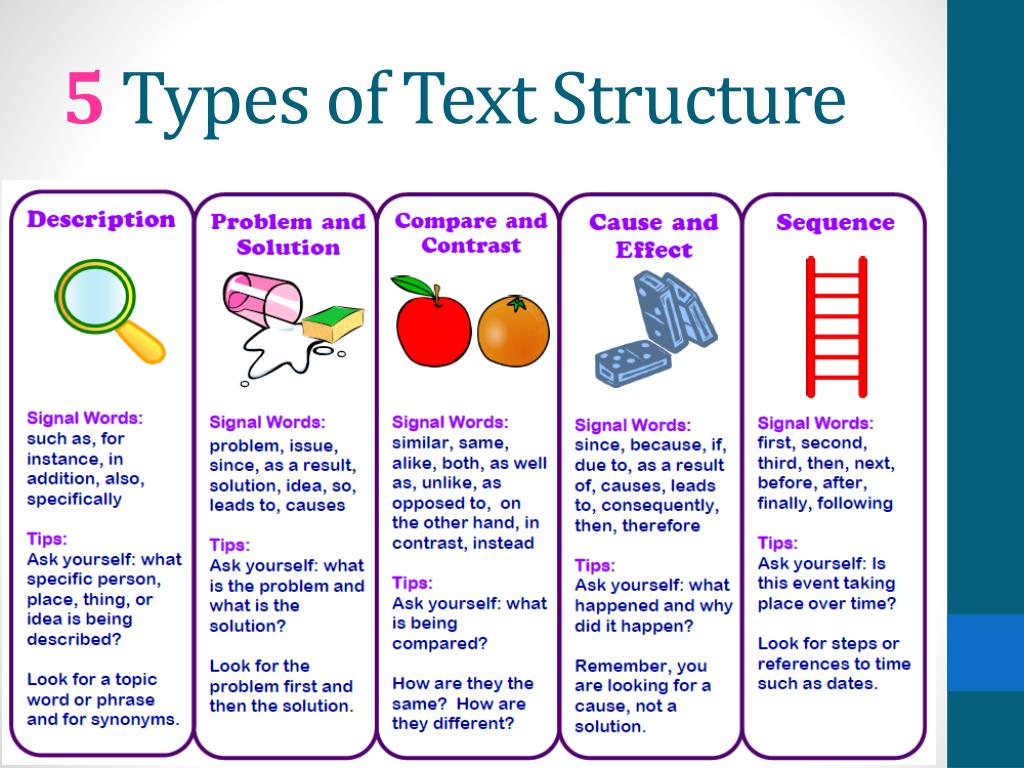
Tony Robbins
Tony Robbins is an entrepreneur, bestselling author, philanthropist and the nation’s #1 Life and Business Strategist. Author of five internationally bestselling books, including the recent New York Times #1 best-seller UNSHAKEABLE, Mr. Robbins has empowered more than 50 million people from 100 countries through his audio, video and life training programs. He created the #1 personal and professional development program of all time, and more than 4 million people have attended his live seminars.
featured collections
related posts
close
Join Our Newsletter!
By entering your information on the Tony Robbins website, you agree that we may collect and use your personal information for marketing, and for other purposes, as set forth in our Privacy Policy, which we encourage you to review.
This website uses cookies to personalize your experience and target advertising.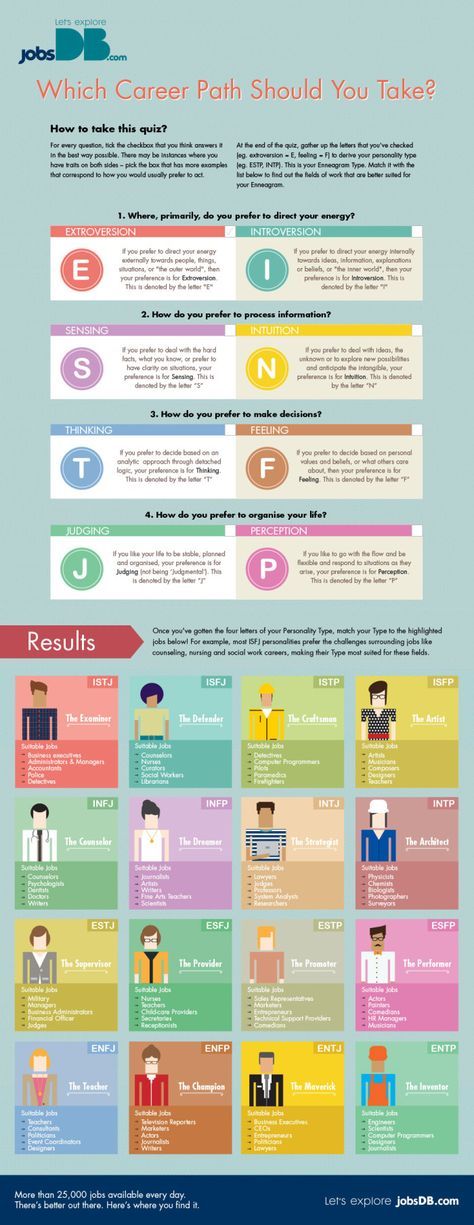 . By continuing to use our website, you accept the terms of our updated policies
. By continuing to use our website, you accept the terms of our updated policies
How to work with different types of employee personalities after the 16 personalities test?
In the previous article in this series, we shared tips on how and why to take the Meyer-Briggs test in a company, and in which areas of HR it is applicable. But it is important not just to know about the test, but to work with the results in practice. Let's imagine that your team has passed the test, and you have a table with the types of personalities of your colleagues in your hands. What to do next?
Let's try to figure out how the work with each type of personality is built separately. Where to look for leaders, inventors and ideal performers?
Extroverted employee personalities
Tip: Extroverted types (E at the beginning of the code on the 16 personalities test) are generally better suited to teamwork and like to be in the office.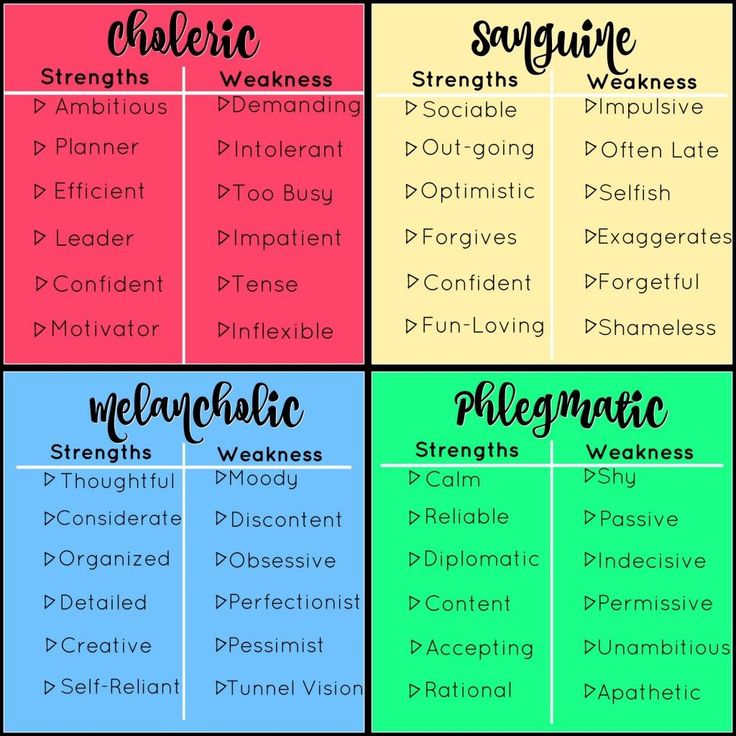 It is believed that they are more likely to make company leaders, but remember that sometimes they need to be pushed into this path of development if there is potential.
It is believed that they are more likely to make company leaders, but remember that sometimes they need to be pushed into this path of development if there is potential.
ESTP. Dealer. Energetic "solved"
Likes risk and strives to quickly solve emerging problems. He is passionate about his work, but can be impatient with long-term projects, as he does not focus well on one thing. Dealers are an asset to any team and difficult to manage because they don't follow the rules well.
- Engage in fast-growing projects or tasks that are not standing still
- Call for brainstorming
- Come up with new engagement goals to get the Entrepreneurs to do something short and fun, setting an example for the team
- Trust to solve complex short-term tasks and conflict situations
- Do not limit creative and non-standard approaches to completing tasks
- Do not impose clear boundaries and rules if you want to achieve maximum results
ESFP.
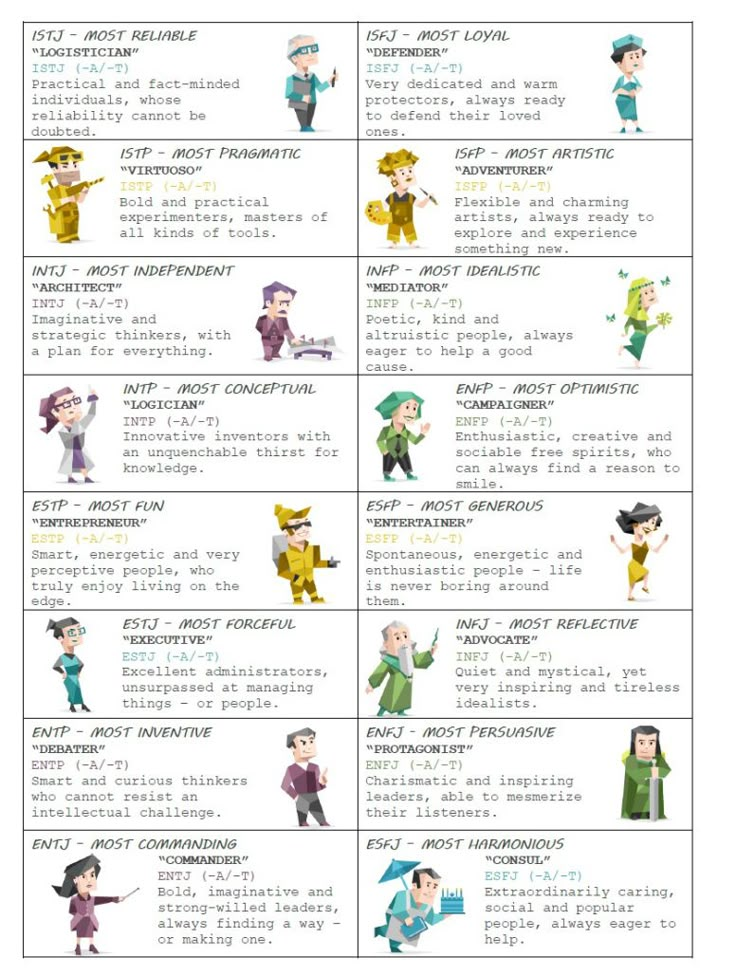 Entertainer. Improviser-enthusiast
Entertainer. Improviser-enthusiast The soul of the team, whom everyone loves. Can show off and brag about accomplishments. Energetic, full of enthusiasm, an ideal performer who shines in creative professions. If there is not enough creativity in the work environment, the "entertainer" will try to be in the spotlight.
- Involve the Entertainer in creative activities: planning or shooting a video, writing advertising slogans or creating a visual, any marketing communication, recording podcasts, creating presentations
- Let's talk on zoom calls, offer to turn on the camera if he needs it
- Involve in team building and organization, events or webinars
- Offer to share your results or motivation with the team, especially when working remotely
- Do not delegate to the Entertainer routine monotonous work
- Do not forbid him to demonstrate his creative nature, driving him into the corporate style and tough policy of the company
ENFP.
 Fighter. Imaginative motivator
Fighter. Imaginative motivator Perceptive people, natural experimenters and explorers. They have a strong, intuitive nature and love the company of colleagues. Often guided by feelings rather than logic in work situations. It is important that the Fighter is motivated by an idea and a sincerely set goal (for example, the global goals of the company) than by money.
- Good at generating ideas and teamwork, especially under tight deadlines
- Deadlines and deadlines in general motivate this personality type towards the end than at the start
- Perform better in the office than remote work
- Need a gentle reminder of the importance of a task or project - once the Fighter feels that an idea is important, he will not back down from its implementation
- Motivates the team if they are tired or starting to burn out
- A wrestler needs to be taught to communicate without pauses when it comes to remote work. It can relax and leave you without feedback for a long time.

ENTP. Polemicist. Entrepreneurial Researcher
Charismatic intellectuals. Many leaders are this type of person. The dark side of the Controversial is the tendency to manipulate others to achieve a common goal. He is logical, rationality and objectivity are his strengths. But you can not leave the Polemist without mental work for a long time - he will get bored.
- Prefers to generate ideas and tasks for execution, but is not a performer himself0022
- Invite Debaters to decisive calls about agreements - they will not only positively influence the decision, but can often negotiate more pleasant conditions - a discount, for example
- Dominate the conversation, so they need moderation when it comes to communicating with the team do not turn to pressure and manipulation
- Do not ignore the Debater's desire to often resolve issues by calling - they need to hear you and communicate
- Trust strategic planning to the Debaters
ESTJ.
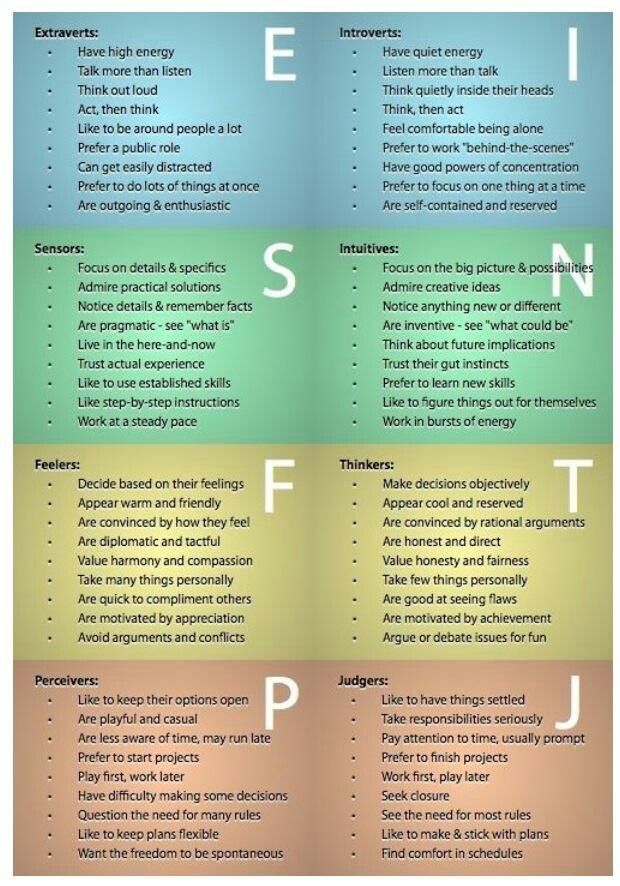 Manager. Successful organizer
Manager. Successful organizer This type is often referred to as a "guardian angel". A manager is a pragmatic, hardworking, organized, methodical and loyal person to the team and the company in which he works. Such people are often chosen as team captains in any practical training or team building. They know better than anyone the ins and outs of the team, its emerging problems. Managers are often veterans of the team, because they stay in one workplace for a long time and do not have the ability to change positions or companies with enviable regularity. They can influence the team, spurring loyalty and engagement, and also act as brand advocates. 924/7 one type of personality besides the Controversial whose calls cannot be ignored
ESFJ. Consul. Support in the flesh
A personality type that will put the needs of the team or its individual representative first.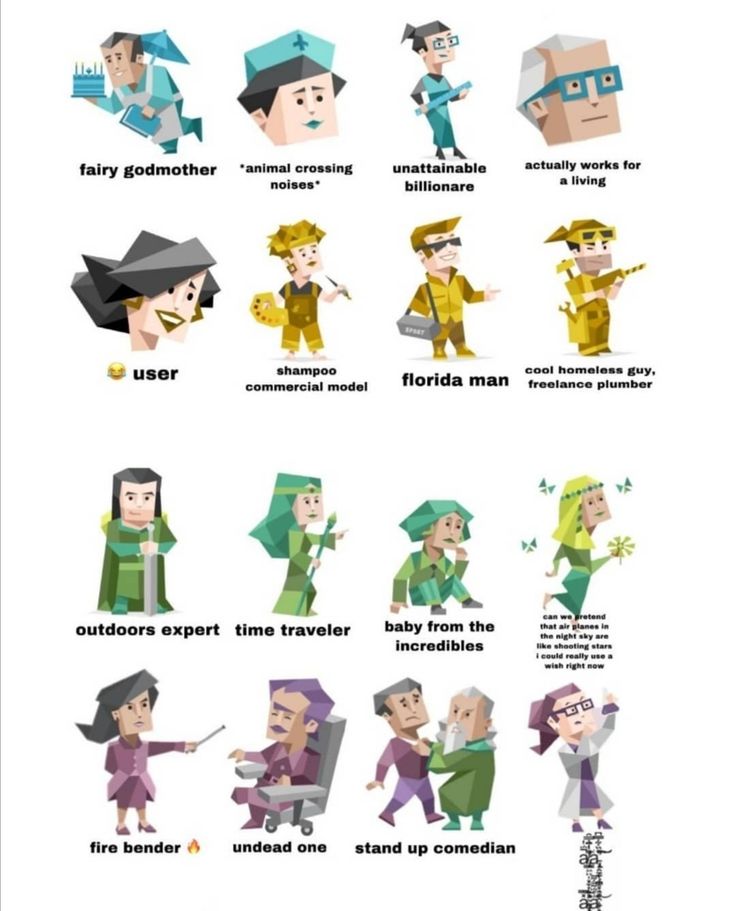 Very kind, attentive, ideal assistants to the HR department in checking the mood of the team. They help with organizing entertainment on an ongoing basis - this is the Consuls who will check if there are cookies in the kitchen, and if those cute stickers are hanging on the refrigerator.
Very kind, attentive, ideal assistants to the HR department in checking the mood of the team. They help with organizing entertainment on an ongoing basis - this is the Consuls who will check if there are cookies in the kitchen, and if those cute stickers are hanging on the refrigerator.
- Consuls make the best project managers (team leads)
- Excellent in team work
- Deadline is their middle name, one of the rare personality types who always manages to do everything on time
- Consul is also a great choice for a mentor or buddy. During the onboarding period, they can help newcomers get to know the company, and they will always be happy to tell you what they are missing
ENFJ. Trainer. Avid Facilitator
Another group of natural leaders, but unlike their fellow Debaters, this type is driven by intuition and feelings. These are the people in the team who inspire: extremely purposeful, but at the same time extremely sensitive to the needs of others. Abraham Lincoln and Barack Obama are classic ENFJs. Good speakers and speakers at events. This type is often a leader of hearts to a greater extent than a leader by position.
Abraham Lincoln and Barack Obama are classic ENFJs. Good speakers and speakers at events. This type is often a leader of hearts to a greater extent than a leader by position.
- Put the goals of the company above all else, direct their goals towards the achievement of the common good
- Need to moderate a Trainer who is too busy with work. This type often overworks and may be the first candidate for burnout
- If the coach becomes indifferent to the project or task, write wasted. Therefore, it is best to put him at the head of inspiring new projects
- Good in group discussions, often bring rational grain to them
- Trust the Coach to reconcile dissenting colleagues and find common ground
ENTJ. Commander. Decisive strategist
Yes, this personality type is also classified as a leader. But it is important for the Commander to know the line between leadership and pushing through his own idea at any cost.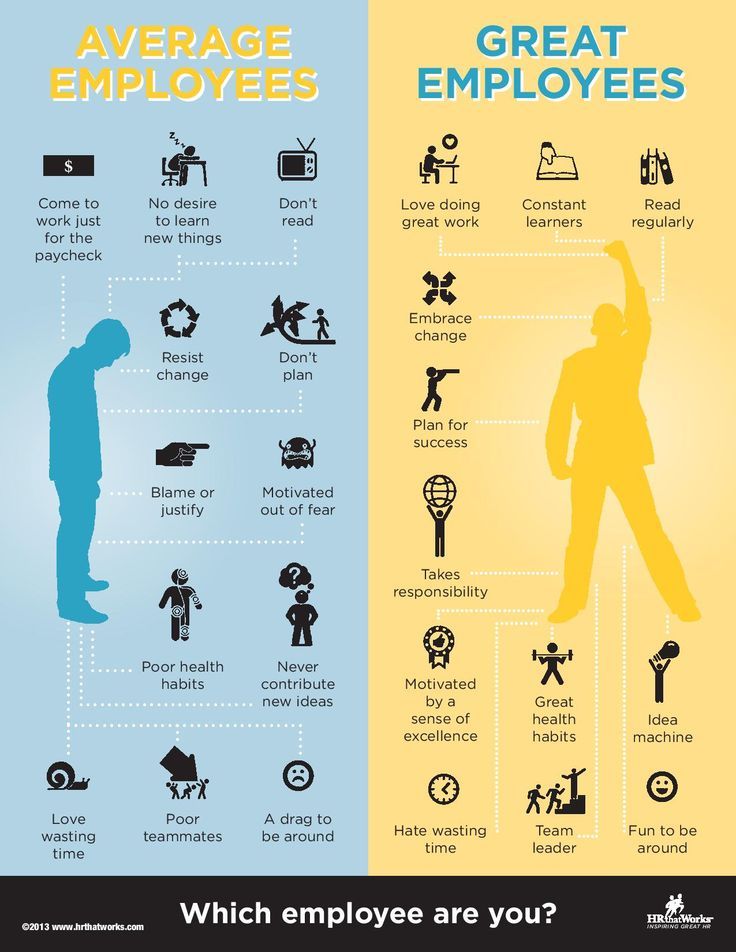 These are individualists who see the picture in a certain way and strive to achieve it. They are charismatic, therefore they know how to put their vision into the minds of other people. If it is unmistakable, the team will succeed. But Commanders are still encouraged to learn to listen to others and work together.
These are individualists who see the picture in a certain way and strive to achieve it. They are charismatic, therefore they know how to put their vision into the minds of other people. If it is unmistakable, the team will succeed. But Commanders are still encouraged to learn to listen to others and work together.
- Always thinks outside the box and finds a non-standard approach
- Very self-confident – Commanders are best at writing down ambitious plans and goals break away from the team
- It is strongly undesirable to trust the Commander to carry out tasks remotely - unless it is a solo project
- This type is also recommended to be involved in the final negotiations and decisions, especially when it comes to financing or investments. Will be able to convince investors that it's worth it
Introverted personality types on the Meyer-Briggs test in a team
Tip: introverted personality types do not equal closed and unsociable employees. This is one of the common myths about introversion. Rather, among personality types with I at the beginning of the code, there are more creative, thoughtful employees who show themselves brighter and generate more ideas not in a large team, but alone or at remote work. These are creatives who often burn out in the process and need to be watched over.
This is one of the common myths about introversion. Rather, among personality types with I at the beginning of the code, there are more creative, thoughtful employees who show themselves brighter and generate more ideas not in a large team, but alone or at remote work. These are creatives who often burn out in the process and need to be watched over.
ISTJ. Administrator. Responsible realist
Order and clarity are important for the Administrator. An ardent supporter of the company's values, especially if they include social responsibility. That is why he can be entrusted with work with CSR. This is the backbone of the company - reliable, organized, executive.
- Feel free to trust work from home, but even from the other side of the globe
- This type does not need constant monitoring and verification of work, he is autonomous and knows his business perfectly
- An administrator can be trusted to organize department goals or weekly schedules.
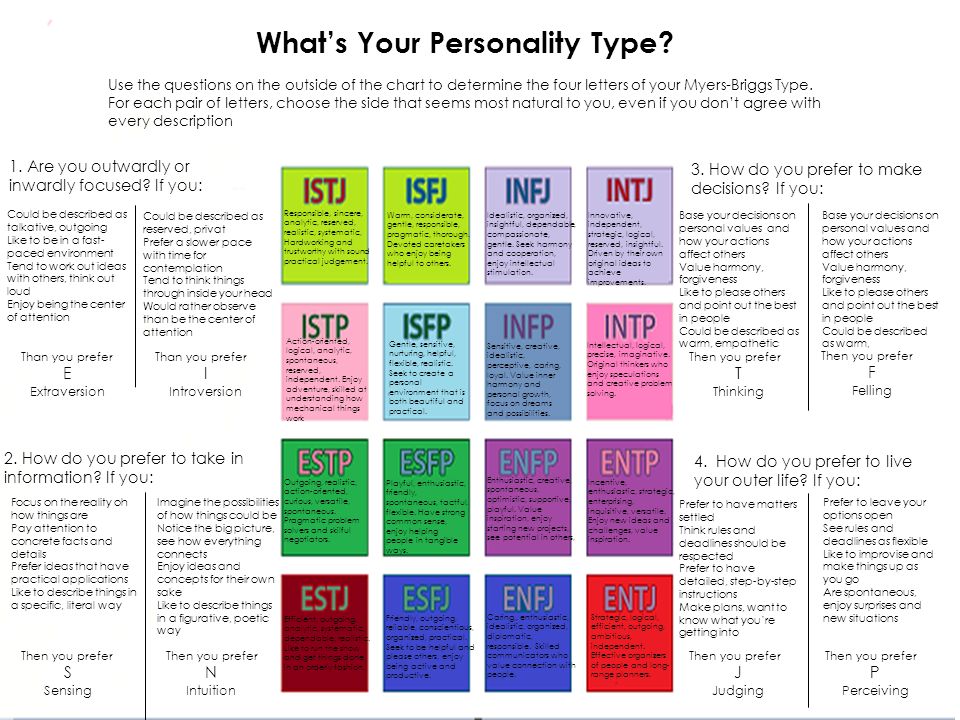 This is the person who will not forget a single meeting and schedule them with the convenience of others
This is the person who will not forget a single meeting and schedule them with the convenience of others - An administrator can be entrusted with running company messengers or a task manager
- It is important not to take Administrators for granted - if you treat them condescendingly and do not notice their needs, you find out quickly that they are looking for another job. You will lose a good employee who will definitely find a company that will appreciate him
INFJ. Activist. Visionary insightist
These are creative people, but at the same time firmly standing on two legs. Assertive, always with a lot of ideas, they know well both their employees and possible subordinates, as well as the product or service they are doing. Empaths tend to be keenly aware of the strengths and weaknesses of anyone they interact with. Thinkers - can, without fear, express their opinion about any team activity and management plans, but immediately offer an alternative development option.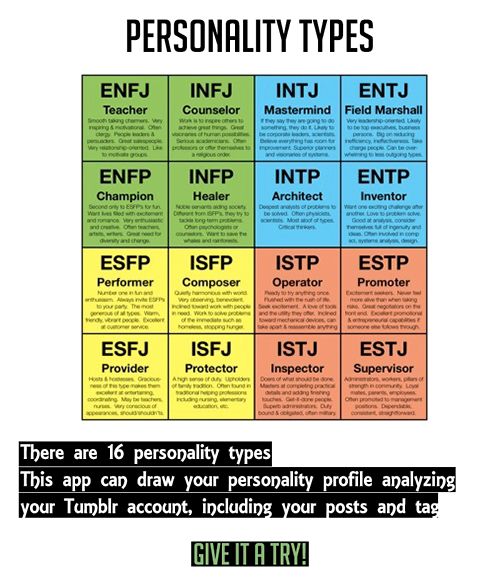
- They are great with people, so they can be invited to joint interviews of candidates
- The gray cardinals of zoom calls. Do not force them to be in full view with the camera on all the time - this is the type who will carefully assess the conversation or situation from behind the scenes, but will never stand aside
- Ask for their opinion, especially if there is a creative task that needs a special approach
- If you need an insider's opinion on the weaknesses of the team, ask Activist
INTJ. Strategist. Conceptualist with a vision for the future
Perfectionist innovators who are comfortable being alone and thrive in a remote work environment. People with this personality type are naturally great at solving problems and turning an idea into a plan of action. They represent a dual approach: they have both intuitive and practical thinking, which makes them excellent strategists, sensitive to the latest market trends.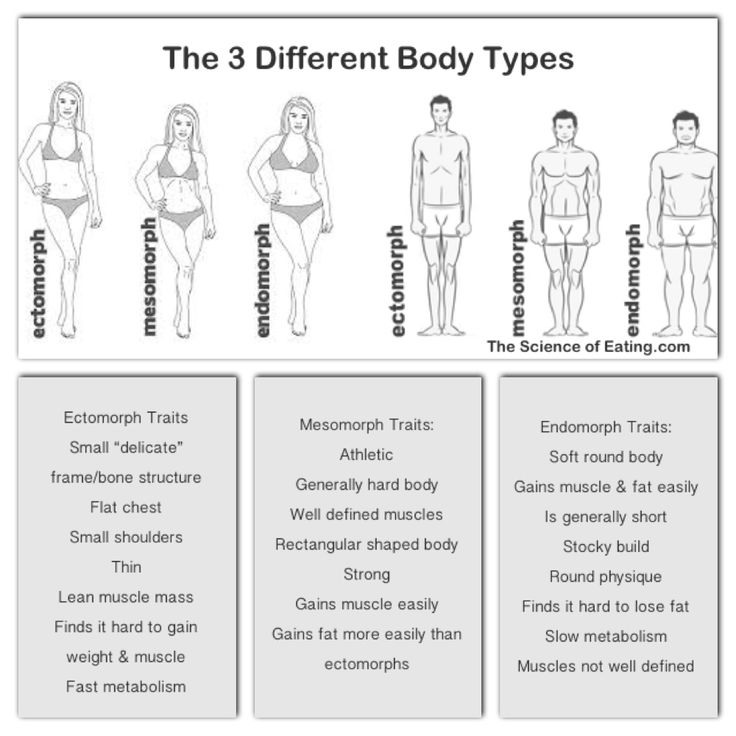
- Do not force the Strategist to communicate on calls - it is more convenient for them to describe their thoughts in a text message or letter
- They often hand over tasks much earlier than deadlines, therefore they are not always responsible for the quality of work add workers and push
- Monitor their activity so that it is not scattered between many tasks at the same time. Strategists are good at working on one thing at a time
ISFJ. Defender. Assistant Practitioner
If it weren't for the letter I, you would consider them extroverts. Defenders value collaboration above all else, are socially active, have a strong work ethic, and are sensitive to the wishes and feelings of colleagues. But behind their zeal lies a steel rod: Defenders tend to be very conscientious workers, natural managers who are able to keep in touch between remote teams.
- Defenders have incredible attention to detail, making them great for reviewing the work of others, editing shared documents, or reviewing presentations and corporate offerings
- Follow corporate rules and inspire others to do the same, so watch how they improve the efficiency of the whole team if such a goal is worth
- The defender closes his goals in general faster than others, so this is what encourages the team to accelerate
- Invite them to any joint work or gathering in and out of the office
ISTP.
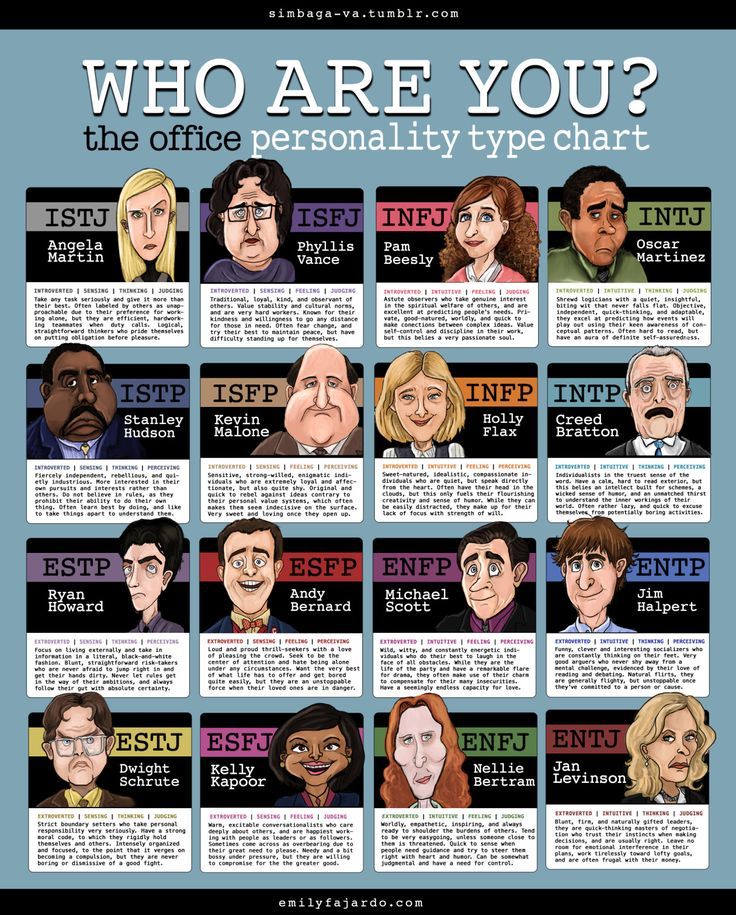 Virtuoso. Logical pragmatist
Virtuoso. Logical pragmatist The most unpredictable of the 16 personality types, because the Virtuoso is usually rational and logical, but easily switches to spontaneity and enthusiasm. If you balance between the two states and support the Virtuoso in all endeavors, you can extract a lot of positive things for the team.
- Driven, so they need an individual approach so that they feel important and do not lose their fuse
- Moderate themselves and others well when working remotely, quickly fix any technical problems or inconsistencies in task management (task delegation)
- Love everything new - trends, tools, will become your guides to the world of new programs and software, which makes life and work easier
- They demand attention to themselves, but do not like to be in its center. Virtuosos always have their camera turned off, and on calls they are most often busy with something else, so check their work and push them to complete tasks on time
- A good tactician paired with an energetic strategist, visionary or leader.
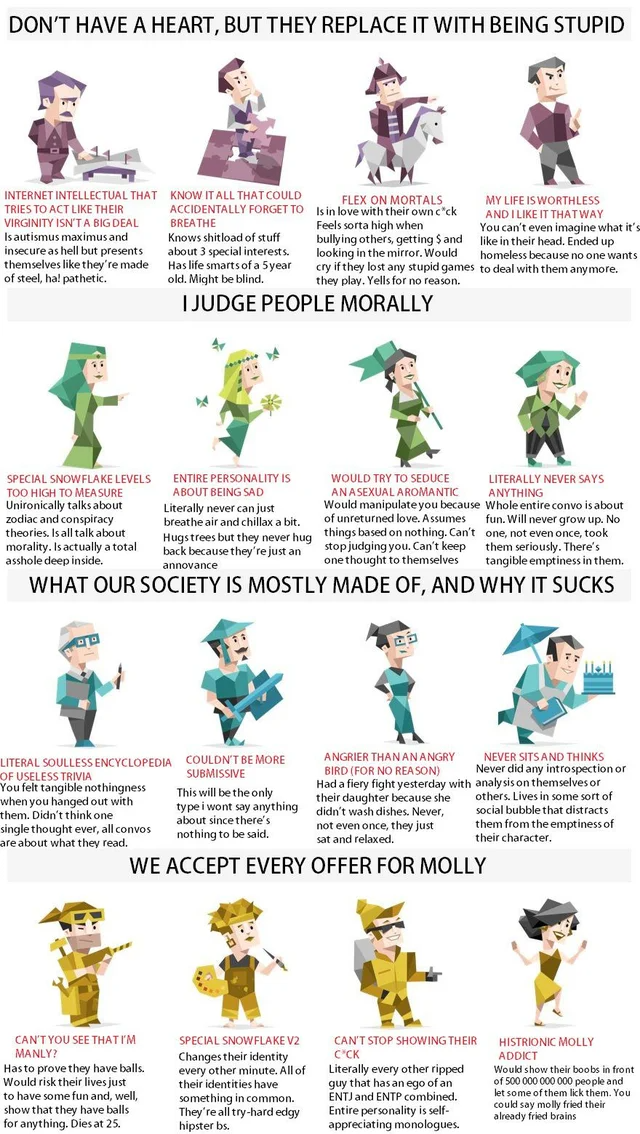 On the one hand, he is with them on his own wave of logic and pragmatism, on the other hand, he sees how simple and effective it is to bring his plans to life
On the one hand, he is with them on his own wave of logic and pragmatism, on the other hand, he sees how simple and effective it is to bring his plans to life
ISFP. Artist. Versatile Energizer
The most non-confrontational type of personality that is always available, open for communication, friendly and does not tolerate quarrelsome teams. The Entertainer is sometimes called the Adventurer because this type is a pioneer and sees great potential in learning new things.
- Very energetic, but burns out easily because of this, so the Artist needs to be guided and not overloaded with tasks. With a hybrid schedule, the Artist will be energized by other team members
- If the team burns out, the first traces appear in the Artist's actions - his fuse and productivity drop because people stop inspiring him
- This is the type of person who is shown coaching and learning from the team, preferably going to inspirational conferences.
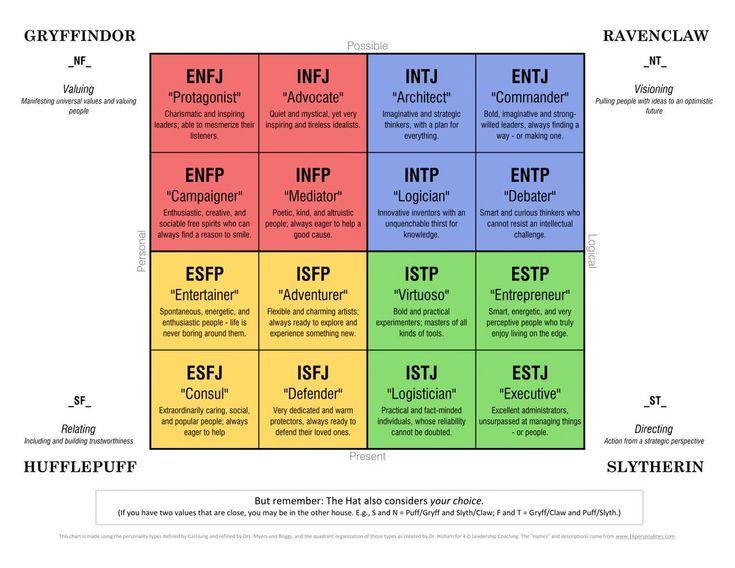
INFP. Intermediary. Thoughtful idealist
People with well-defined ideas, a well-developed value system, Mediators often get lost in their dreams. While they bring enthusiasm and creativity to projects, they often find it difficult to maintain that enthusiasm for long periods of time.
- The mediator, thanks to an idealistic value system, tends to react very sharply to injustice in the team. If it has a place to be, and even directed at it, there is a risk of gaining someone who will badly damage the reputation of the employer's brand
- , involvement and loyalty
- The mediator is the exact opposite of the Commander in terms of conducting tasks. This type is best entrusted with remote work, in which the Intermediary will shine, having time for everything and not needing control from the side
- If the project is in line with their high moral value set, the Mediator becomes an irresistible inflexible force on the way to its implementation
INTP.
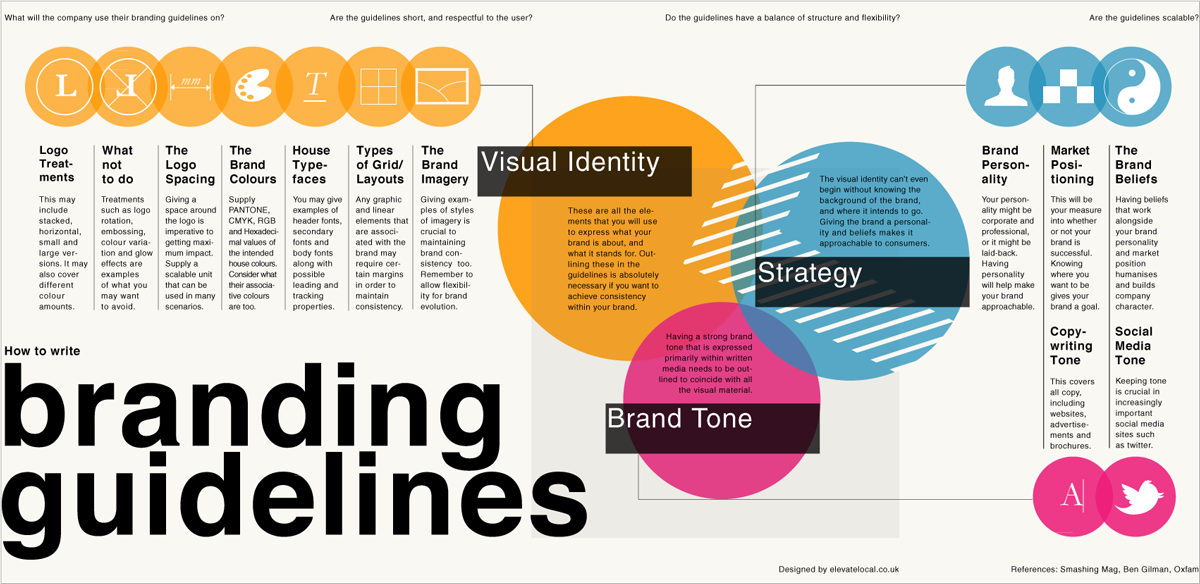 Scientist. Objective Analyst
Scientist. Objective Analyst Treasures competence and logic, loves the beaten track, and quickly notices gaps in work or inconsistencies. Like Mediators, they do best in isolation, on their own.
- Let the Scientist do their original work and don't touch them until you see the end result - trust me it's worth it
- Weakness is the inability to listen to other solutions and options. It is exacerbated by remote work, so - unlike Intermediaries - Scientists need to be looked after
- Remind them of the importance of doing their tasks in a common tasker so that other types understand which direction their inquisitive and original mind is moving
What what to do if the results do not match the real qualities of the employee?
Here you are looking at the manager Anna, who is typed as a Consul, but would never cope with the tasks of a mentor. It's okay, that's what happens. Remember that any test is not the ultimate truth, but only help and entertainment at work.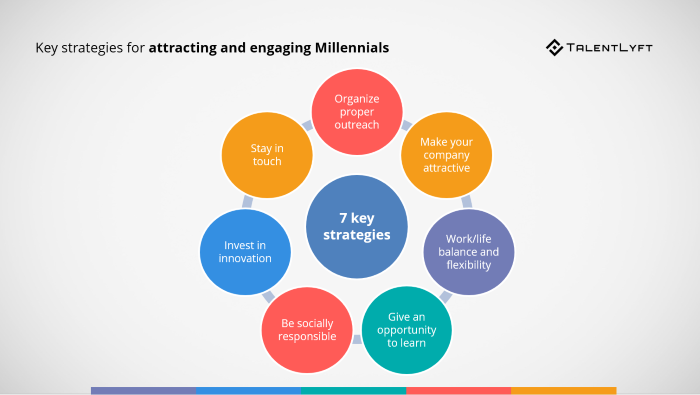 And how else to diversify the routine - read the blog.
And how else to diversify the routine - read the blog.
Images taken from the 16personalities website.
7 personality types: how to communicate and work with them
When we see a person for the first time, we get only 5% of information about him. To build the right communication, this data is not enough.
Alexander Malygin, co-founder of the Human Detector Business Services Center, told how to learn to instantly read information about people.
We have recorded key points from his seminar “Effective Communication. We read the interlocutor at a glance.
How is our personality?
If you depict a person in the form of a diagram, it will look like this:
1. Essence, or that which is invariable and given to us by genetics. So to speak, "factory settings".
2. Education and the influence of society.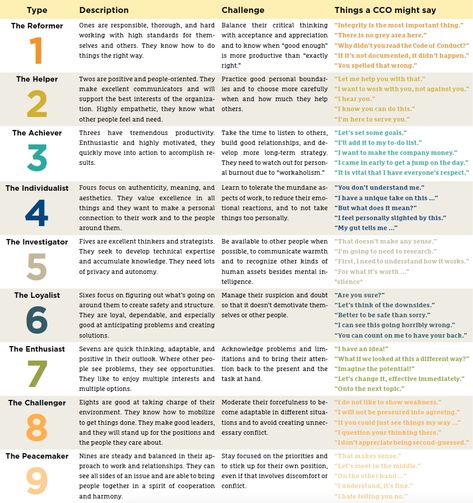
3. Social mask, or what we broadcast to the outer space.
These aspects determine how our communications are built in real life. When people do not yet know each other, they communicate at the level of social attitudes.
That is, they use a social mask. When they get to know each other a little, the upbringing of society comes into play and the essence is partially manifested. If the interlocutors have known each other for a long time, the leading role in communication is played by the essence and a little - upbringing.
All business content in a convenient format. Interviews, case studies, life hacks corp. of the world - in our telegram channel. Join now!
Although we are all individuals, we can be divided into groups according to formal characteristics - like cars or smartphones.
With technology, everything is simple - there are images by which we immediately determine the characteristics.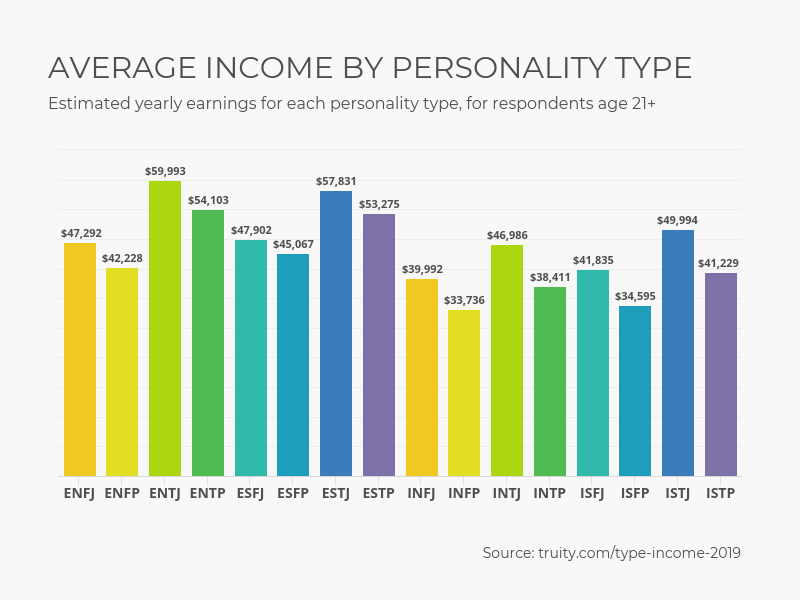 What about people? Our behavior is controlled by the ratio of hormones in the blood.
What about people? Our behavior is controlled by the ratio of hormones in the blood.
Knowing which of them prevail in the human body, it is possible with a high probability to predict his psychotype and character traits.
The experience of Human Detector shows that with the right typing in the first seconds of meeting a person, you can:
- recognize his principle of thinking
- Understand the principle of communication
- Determine the Professor
- Make assumptions about hobbies and hobbies
to understand how active your interlocutor
- find out with whom it will be compatible with
- and even - how to sell him correctly
Tip: choosing a business partner like us, we make a serious mistake, because both of them have the same attitudes.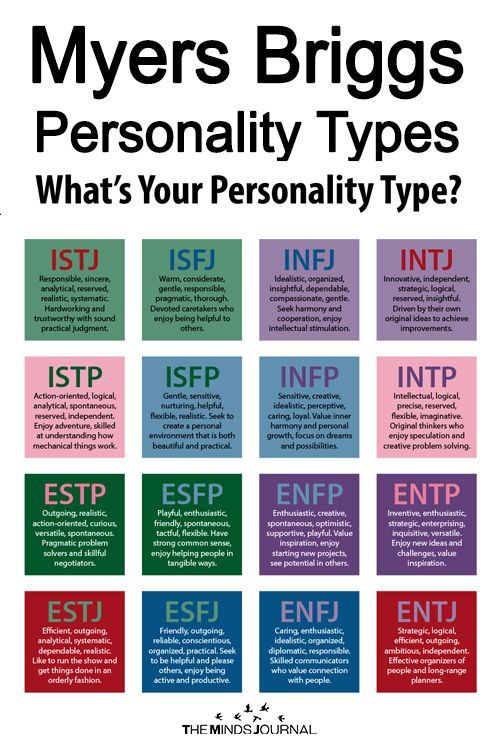 This means that sooner or later everyone will start to “pull the blanket over themselves”, and the partnership will grow into open competition.
This means that sooner or later everyone will start to “pull the blanket over themselves”, and the partnership will grow into open competition.
Business partners should not be the same in subconscious values. They must complement each other.
If both strive to earn as much money as possible, a struggle for resources will begin between them.
As a result, there will be a crisis of confidence, and the paths will part. It is important to strike a balance: for example, one wants money, and the other wants to create a cool product. In such a tandem, success is possible. If, of course, the distribution of roles is correct.
What are people like?
It would seem that the general rules of communication are simple and have long been known in marketing. To enlist the confidence of the interlocutor, you need:
- Call a smile
- Interesting with communication
-Lift
- Complement - offer to continue communication in an informal setting
- take into account the peculiarities of the interlocutor's communication
Still, these are general techniques.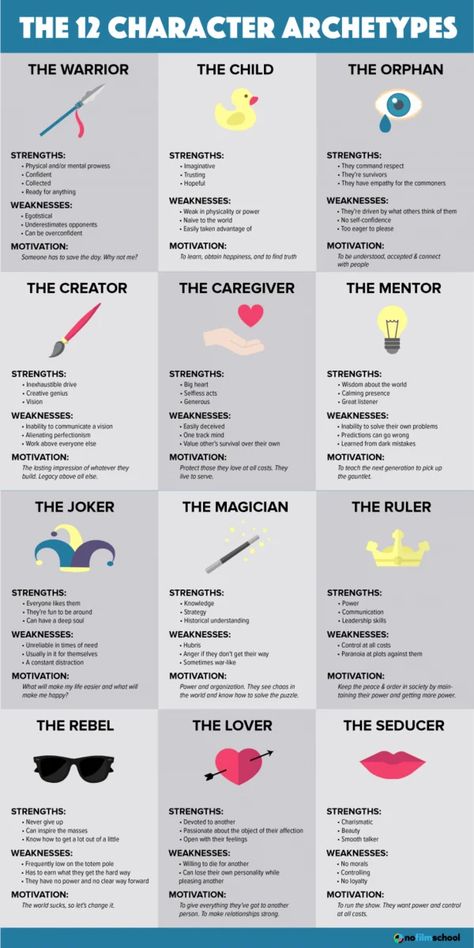 What works for one is unacceptable for another. To find a personal approach to a person, it is important to build communication, taking into account the type of his personality.
What works for one is unacceptable for another. To find a personal approach to a person, it is important to build communication, taking into account the type of his personality.
For more than 100 years, scientists have studied the influence of the hormones that predominate in the human body on its behavior and performance. The experiments were carried out in 80 countries of the world, and more than 25 thousand people took part in them.
As a result, seven personality types were identified. Today, this knowledge is used in communication, as well as to assess the potential of employees.
Let's consider each type in more detail.
Of course, exceptions are possible. In one person, the qualities of two endotypes can be combined. Nevertheless, the technique is considered quite accurate and allows you to get 80% of knowledge about a person at a glance.
Type #1. Fidget
What they look like: are usually people of average height, thin, very active, with thin wrists.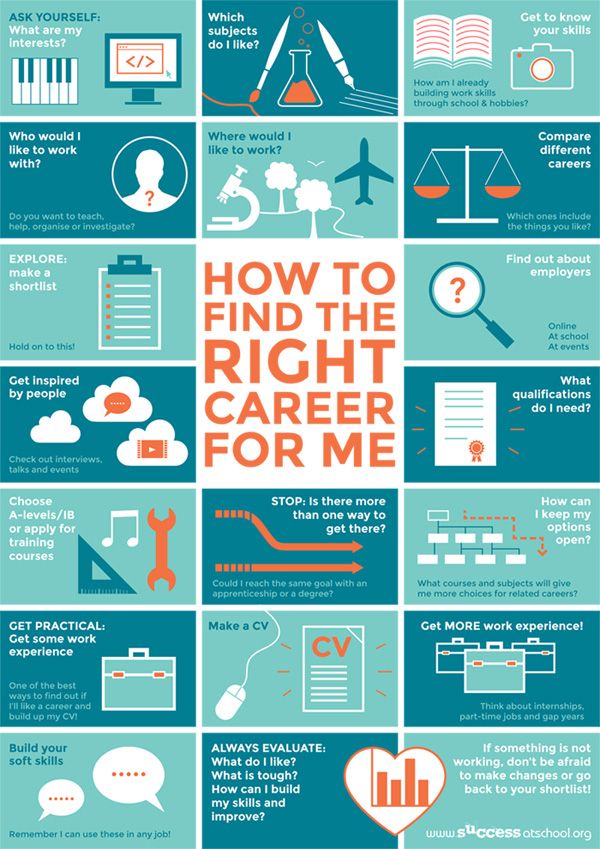 They look younger than their age and are very active due to their increased metabolism.
They look younger than their age and are very active due to their increased metabolism.
T3 and T4 hormones from the group of thyroid hormones predominate in their body.
Prominent representatives: Jeff Bezos, Sergey Brin, Pavel Durov.
Principle of thinking: people of this type are very fond of talking. Speech is a vital resource for them. At the same time, the listeners of them are unimportant.
The favorite phrase of such people is: "Forgive me for interrupting."
They live with emotions and sensations. Information is also perceived emotionally. They are prone to distrust, looking for a catch in everything.
How to communicate with fidgets? It is necessary to let them speak, to be on a positive wave in conversation, to try not to cause doubts with their speeches.
How to work with fidgets? No need to be offended by a fidget if he didn't do something or forgot to call you back.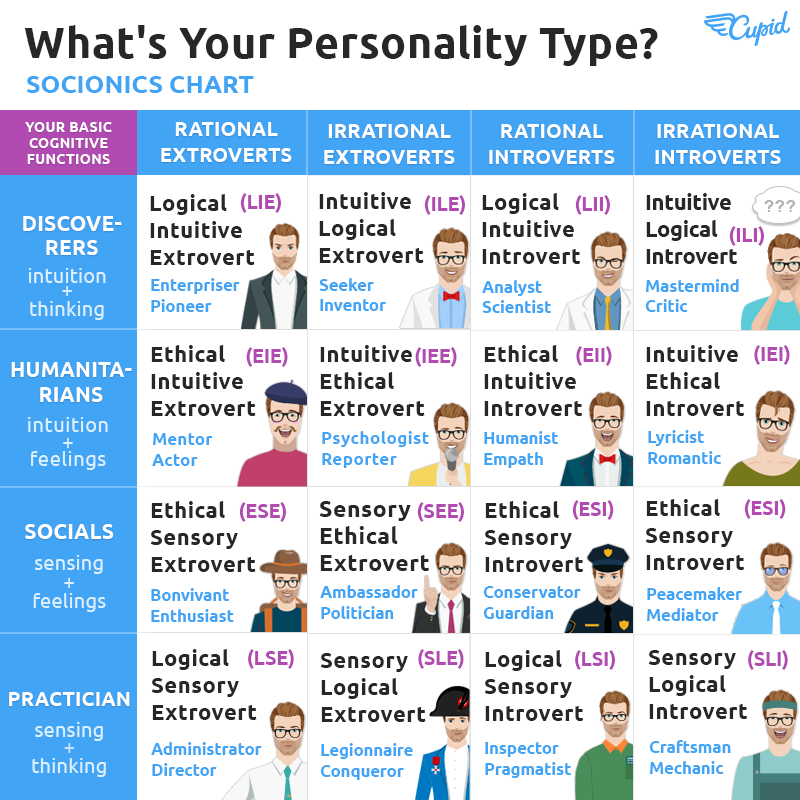 The constant flow of thoughts in his head does not allow him to concentrate on one thing.
The constant flow of thoughts in his head does not allow him to concentrate on one thing.
Do not hesitate to remind about the agreements, always control the assigned tasks. Fidgets are not very consistent managers. There is always a risk that deadlines may be missed or something overlooked.
Type #2. Skeptic
What they look like: skeptics are often overweight. They have sloping shoulders, pale skin, and some puffiness. The main hormone in their body is melatonin.
Outstanding representatives: Elon Musk, Angela Merkel, Steve Ballmer.
Principle of thinking: this type of people seeks to be safe, loves solitude and does not believe in success without super efforts. Self-will and stubbornness are their hallmarks.
How to deal with skeptics? It is important to be their ally and let them know that you will not harm them.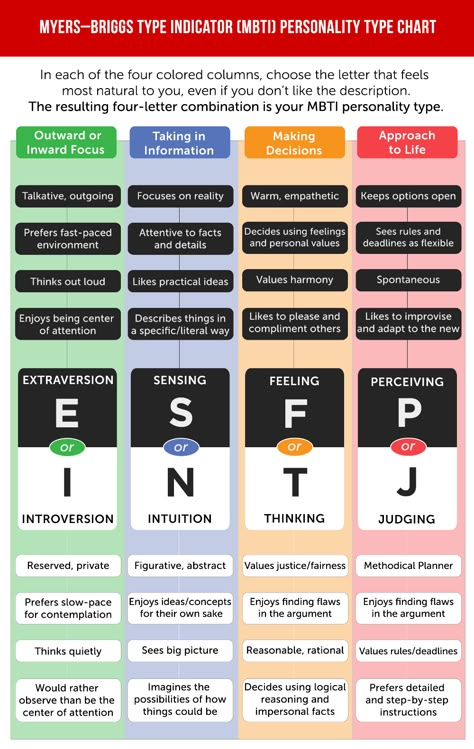 These people cannot be pressured. Speak calmly and slowly, do not show stormy joy.
These people cannot be pressured. Speak calmly and slowly, do not show stormy joy.
Especially if it is for no reason.
How to deal with skeptics? Do not expect instant results from them, do not set urgent tasks. These people work at their own pace, not fast at all. The skeptic works best in the evening.
Therefore, they can take "homework assignments". They also work remotely.
Type #3. Sun
What they look like: is the rarest type of people. There are only 5% of them in the world. In terms of appearance, this is a classic standard of beauty. Men are distinguished by high growth and broad shoulders. Girls of this type have an ideal figure.
Outstanding representatives: Lawrence Ellison, Pierce Brosnan.
The principle of thinking of these people: "I am the center of the world", "Everything should be my way.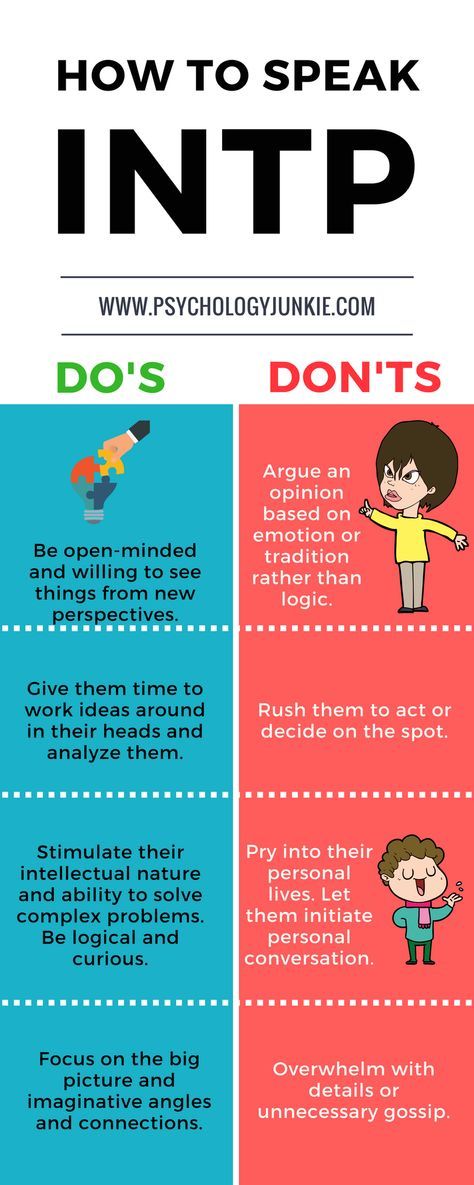 " They love holidays and parties, they cannot stand loneliness, they always strive to be in the thick of things, they are emotional and selfish.
" They love holidays and parties, they cannot stand loneliness, they always strive to be in the thick of things, they are emotional and selfish.
This type of person is so accustomed to compliments that over time they simply stop responding to them.
They have fits of sadness, but usually they do not last long: 5-10 minutes of sadness - and these people are ready to have fun again.
How to communicate with the sun? Play along with the sun, admire it, share positive emotions. Let you feel like the main character, do not disturb the atmosphere of the holiday.
By the way, such people can be useful not only in society, but also in business.
They will not understand your product, but they will be able to attract the attention of an investor to your company. Communication and the ability to interest are their strengths.
How to work with the sun? Do not forget to praise such people for their achievements, and they will conquer new heights.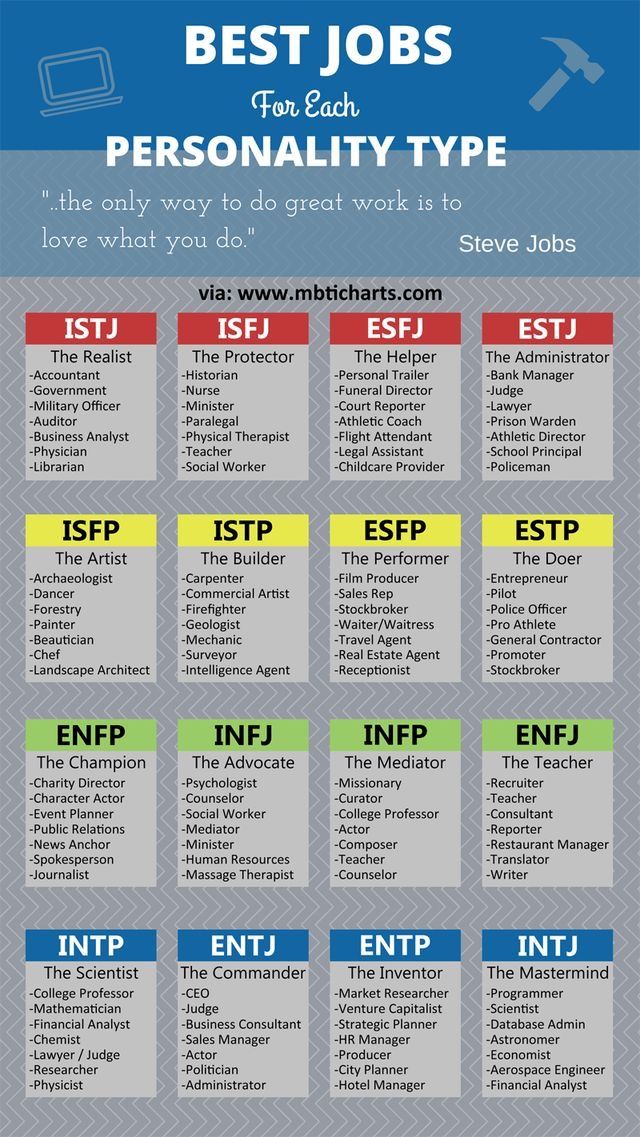 Slightly flatter the vanity of the sun, but do not let it sit on your neck.
Slightly flatter the vanity of the sun, but do not let it sit on your neck.
Type #4. Fighter
What they look like: are people of average height with wide wrists and short fingers, of a dense build. They are always internally tense. Adrenaline dominates in the body of fighters.
Featured Representatives: Mike Tyson, Jason Statham.
The principle of thinking: fighters are distinguished by straightforwardness in judgments, negative perception of the world, irascibility. These people see a problem in everything that needs to be solved urgently.
At the same time, they have a heightened sense of justice. They are able to protect others if they believe that they have been undeservedly offended.
People in life and business love directness and honesty, even if the truth looks ugly.
How to communicate with fighters? Talk about the problem directly, do not try to smooth corners and hide negative facts.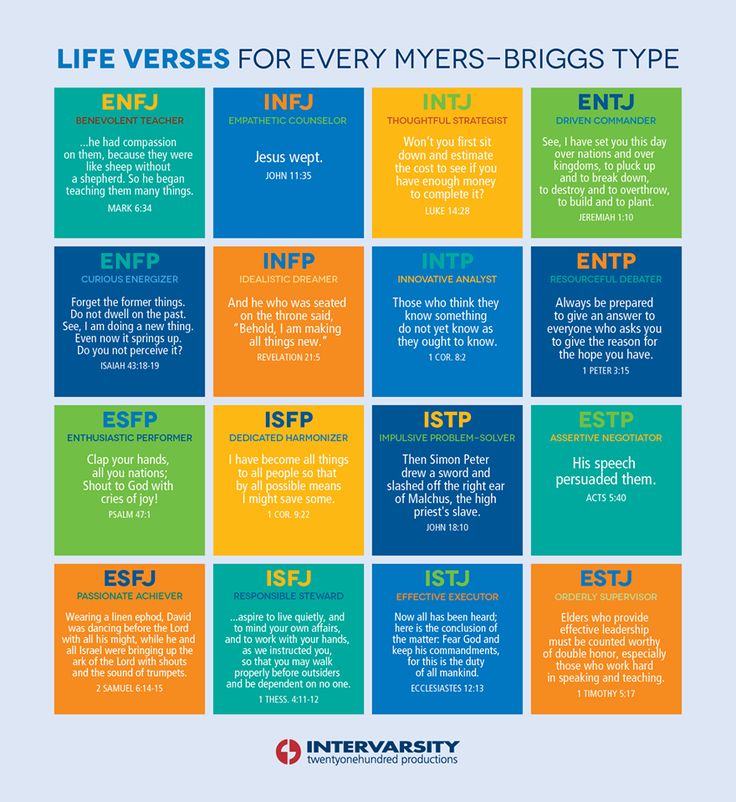 Don't get into arguments. Be equal, but be respectful at the same time.
Don't get into arguments. Be equal, but be respectful at the same time.
Appreciate their time: it is better to submit documents to such business partners in electronic form.
How to work with fighters? This type is the most conflicting. Don't aggravate your relationship with him. A fighter can be rude and harsh in communication, but all his efforts are directed only to the cause.
For him, there are no obstacles on the way to achieving the goal.
Type #5. Pedant
What they look like: they are tall and thin. Restraint can be traced in movements and speech. Somatotropin (growth hormone) and adrenocorticotropic hormone are responsible for all processes in the body of these people.
Outstanding representatives: Steve Jobs, Henry Ford, Keanu Reeves.
Principle of thinking: these people always stick to the plan in everything and always, they like to make lists.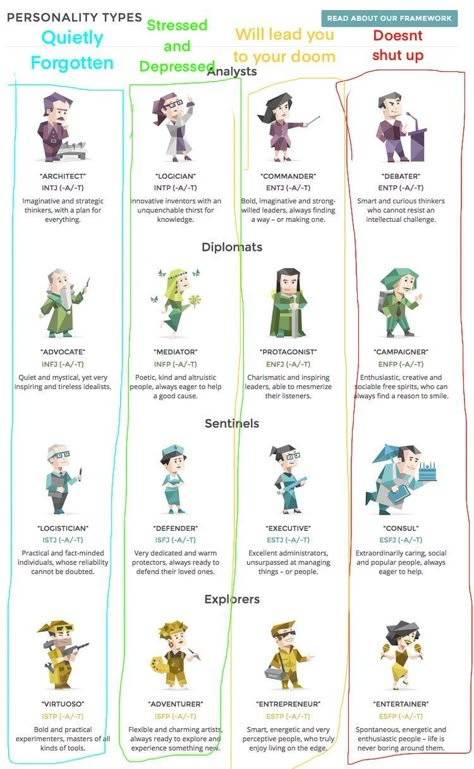 They are systemic, they keep everything under control. Rational in all actions and actions - from movements to spending.
They are systemic, they keep everything under control. Rational in all actions and actions - from movements to spending.
How to communicate with pedants? Use the principle of "first things first", be consistent and logical. In support of your words, give arguments, figures and facts. Speak slowly and without fuss.
How to work with pedants? They live and work in their own way. And carefully calculated. If you do not set specific deadlines for Pedant, he will calculate his time in a way that suits him.
This will probably not suit you: Pedants are usually slow and prefer to act measuredly.
Type #6. Boss
What they look like: are people with a big head, broad shoulders, with a developed chest. As a rule, they have muscular legs. The dominant hormone is oxytocin or the hormone of happiness.
Prominent representatives: Steve Wozniak, Evgeny Chichvarkin, Gerard Depardieu.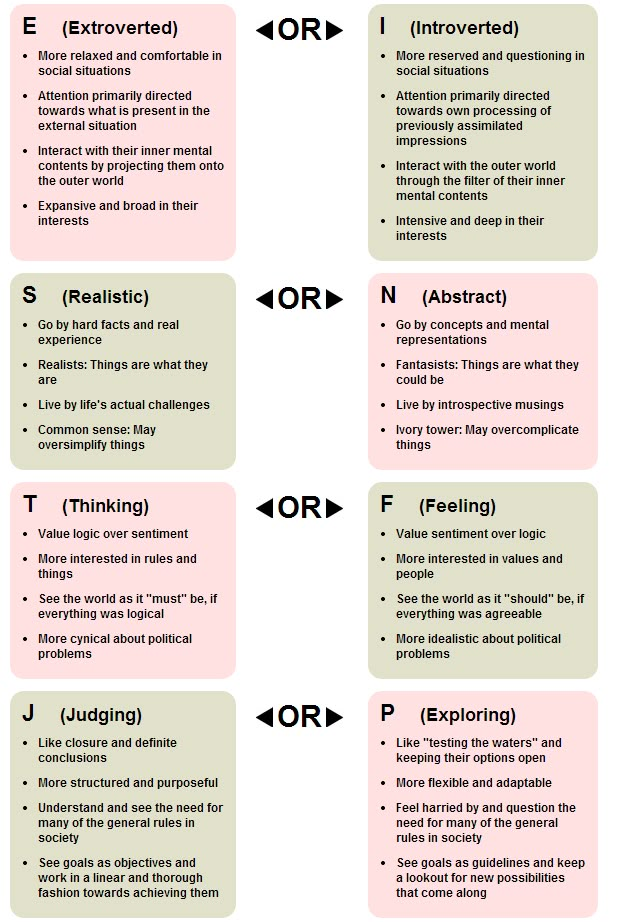
Principle of thinking: the boss wants everything at once. He is characterized by leadership, a large-scale vision of any situation, a sense of justice. Such people know how to make decisions and are not afraid of responsibility.
If you don't live up to your boss's trust, he will cut you out of his life forever. There will be no second chance to secure his favor.
How to communicate with the boss? Be respectful, praise him for accomplishments, speak clearly and to the point. Show that you value his time. Gifts for these people should be expensive, food should be tasty and of high quality, and the interior should be luxurious.
How to work with a boss? Give him a free hand. At the same time, highlight the area of responsibility where he will be the full owner. Give the boss all the necessary resources and the ability to independently select a team.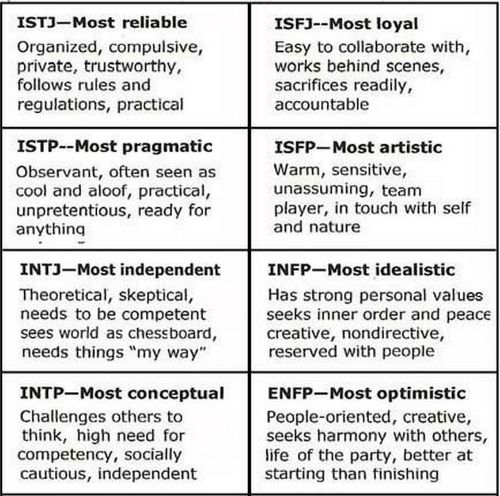 The result will meet your expectations.
The result will meet your expectations.
Type #7. Good-natured
How they look: are usually people with rounded features, short. They are distinguished by sloping shoulders and a good-natured appearance. There are two main hormones in the body of these people: estrogen and insulin.
Outstanding representatives: Mark Zuckerberg, Oskar Hartmann.
The principle of thinking: kind people are always ready to help, while they themselves are embarrassed to ask for something. Change is hard for them: most of all they value stability and constancy.
Often these are creative people who are able to see the unusual in everyday life. Kind people love moderately original clothes, they know how to create a beautiful interior around themselves, they are endowed with excellent taste.
How to communicate with a kind person? The motto of these people: "Let's live together.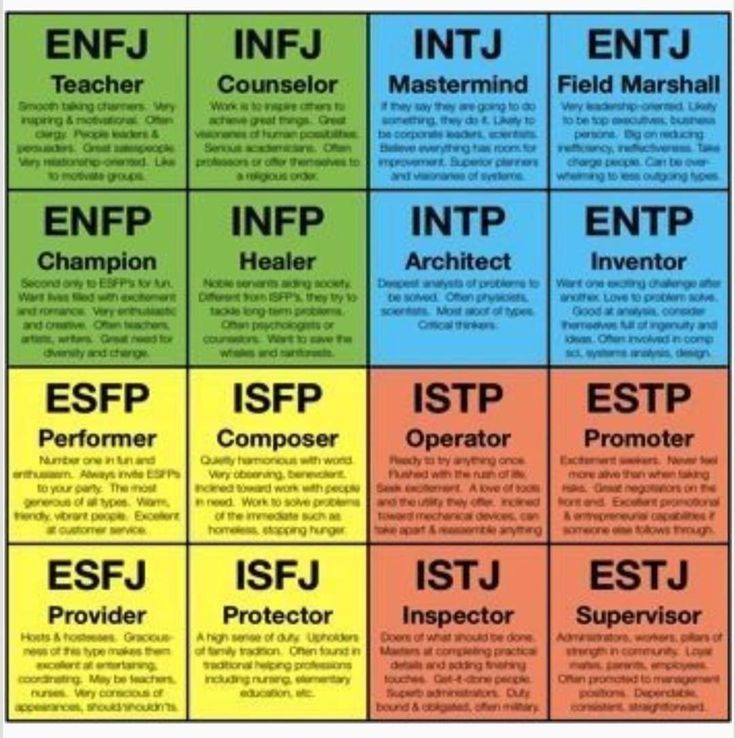 " When talking with them, it is important to radiate kindness, not to show negativity. Speech should be calm and unhurried. It is important to create an aura of serenity.
" When talking with them, it is important to radiate kindness, not to show negativity. Speech should be calm and unhurried. It is important to create an aura of serenity.
How to work with kind people? These are good performers. They are afraid to let the team down and are ready to help everyone around them. The main thing is that there is no emotional tension in the team and the atmosphere helps to reveal the creative potential of good-natured people.
All processes in our mind are controlled by the endocrine system. Knowing its type, a person can be read like a book: find points of contact and remove barriers in communication.
The typology can be used both in marketing and during behavioral interviews.
If some basic qualities are not inherent in the endotype of a person, then it will be difficult to develop them. Simply put, a fighter will never become the sun, and the boss will never be a fidget.
